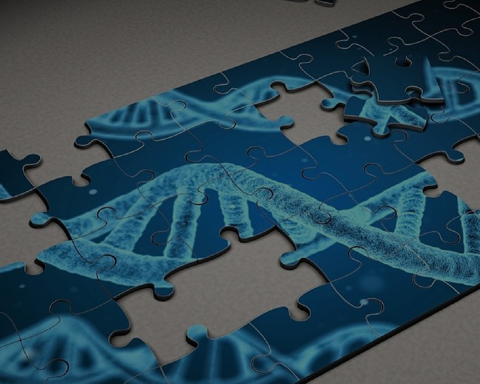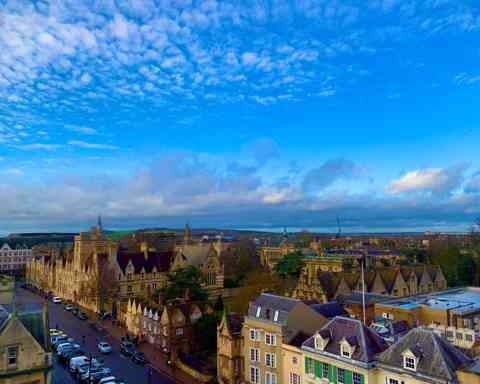The Anscombe Bioethics Centre Welcomes the Overturning of Roe v Wade
Read in PDFIn 1973 the United States Supreme Court claimed that abortion was a private matter. For this reason, in Roe v Wade, they declared unconstitutional all laws that prohibited abortion before viability, if these laws were intended to protect the unborn child. Later, in Planned Parenthood v. Casey (1992), the Court also declared unconstitutional any law that placed an “undue burden” on women who were seeking abortion before viability. These decisions did not grant women a right to be provided with an abortion, as they did not impose on anyone a duty to provide abortion, but they gave women a legal liberty-right to abortion. On Friday, in Dobbs v. Jackson, the Supreme Court overturned these cases and returned the question of abortion law to the States.
The Anscombe Bioethics Centre welcomes this decision which does not itself protect the unborn child but at least allows States to do so. It brings the American court closer to the European Court of Human Rights which has repeatedly upheld national laws that restrict abortion. There is no human right to intentionally end the life of another human being.
An important part of the argument of the Supreme Court was that the previous decision rested on poor scholarship. It had falsely been argued that at the time America declared independence there was a “common-law liberty” in relation to abortion. This ignored the fact that Bracton, Coke, Hale, and Blackstone all regarded causing a miscarriage as an unlawful act whatever the stage of pregnancy. These common-law authorities also regarded it as a criminal offence at least from when there was evidence of movement (“quickening”), which they were aware occurred well before the child could be born alive (“viability”). Furthermore, by the time the fourteenth amendment to the Constitution was ratified, in 1868, most states in the United States had statute laws prohibiting abortion at all stages of pregnancy. At that time no-one argued that these laws were unconstitutional. It was not even a minority opinion.
We note that in answering the poor scholarship of Roe v Wade the judges in Dobbs v Jackson drew on the work of Professor John Keown, a former visiting research fellow of the Anscombe Bioethics Centre and a former vice chair of our governing board. This judgement returns the question of abortion to democratic process and political debate. It is to be hoped that these debates will also be guided by serious research and scholarship in bioethics so that laws can be passed that are just and prudent and that offer robust protection both to expectant mothers and to their unborn children.
Most recent
Press Release – Anscombe Bioethics Centre Launches ‘Advance Decisions and Ethical Choices’ Project
31 July 2025
The Anscombe Bioethics Centre is pleased to launch a new suite of resources on advance statements, l...
Statement on the Anscombe Bioethics Centre
31 July 2025
A statement from the Governing Body of the Anscombe Bioethics Centre and the Trustees of the Catholi...
Copyright Announcement
25 July 2025
Henceforth, all work which had Anscombe Centre or Linacre Centre copyright is now dedicated to the p...
Sincerest Thanks for Your Support
Staff are grateful to all those who sustained the Centre in the past by their prayers and the generous financial support from trusts, organisations, communities and especially from individual donors, including the core funding that came through the Day for Life fund and so from the generosity of many thousands of parishioners. We would finally like to acknowledge the support the Centre has received from the Catholic community in Ireland, especially during the pandemic when second collections were not possible.
We would like to emphasise that, though the Centre is now closed, these donations have not been wasted but have helped educate and support generations of conscientious healthcare professionals, clerics, and lay people over almost 50 years. This support has also helped prevent repeated attempts to legalise euthanasia or assisted suicide in Britain and Ireland from 1993 till the end of the Centre’s work on 31 July 2025.



